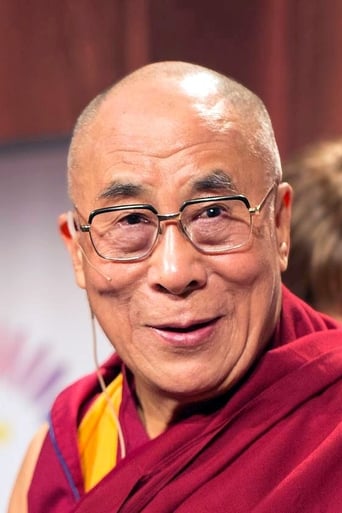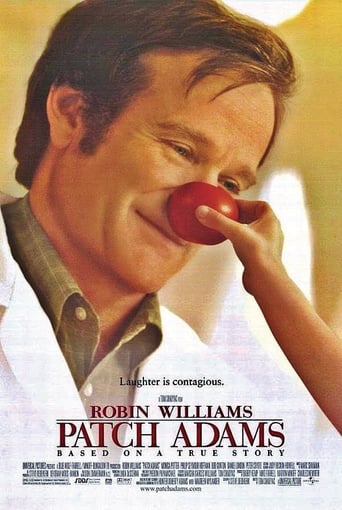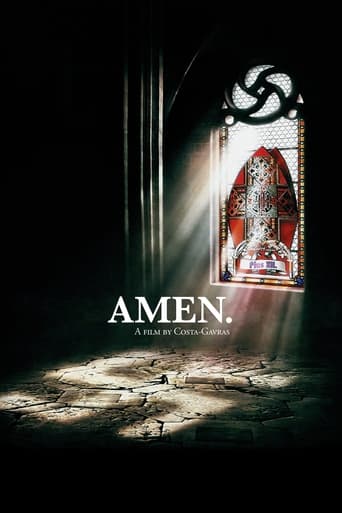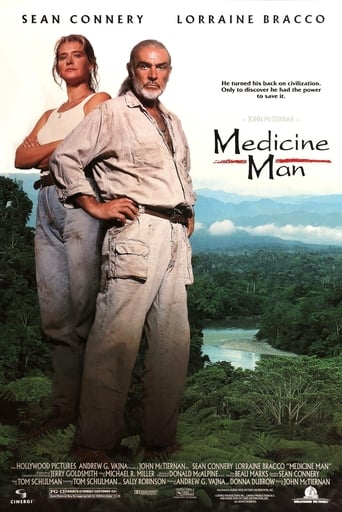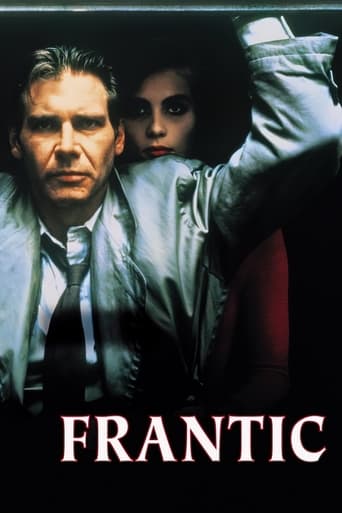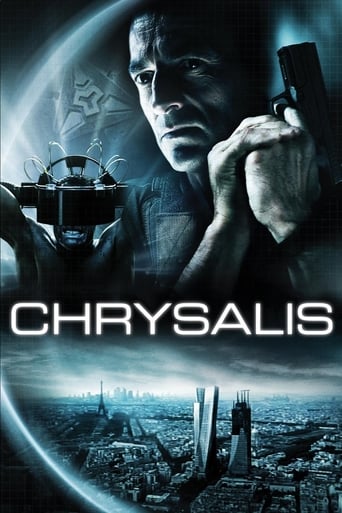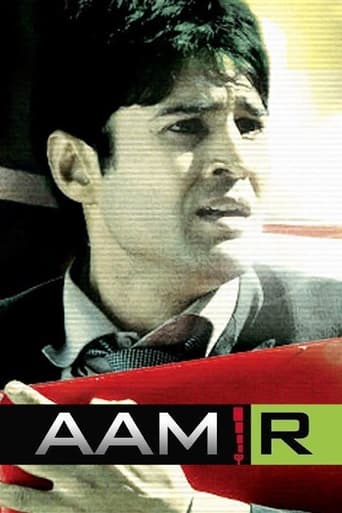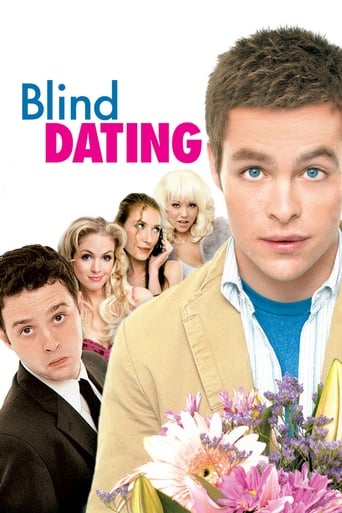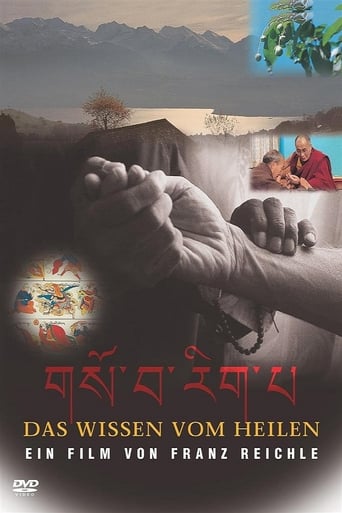
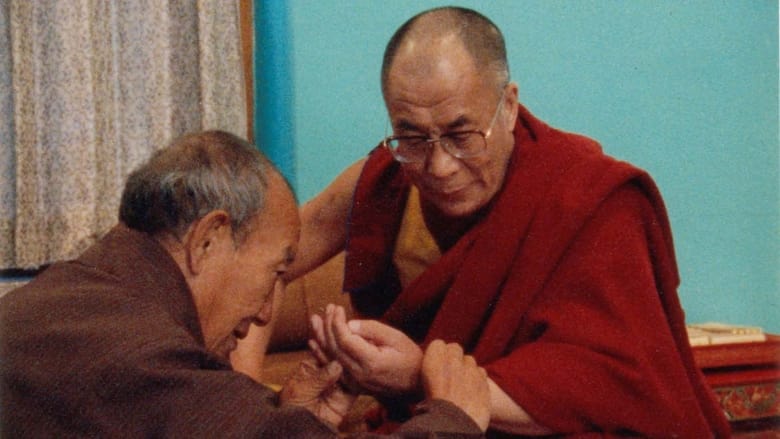
The Knowledge of Healing (1997)
A documentary film about Tibetan traditional medicine.
Watch Trailer
Cast
Similar titles
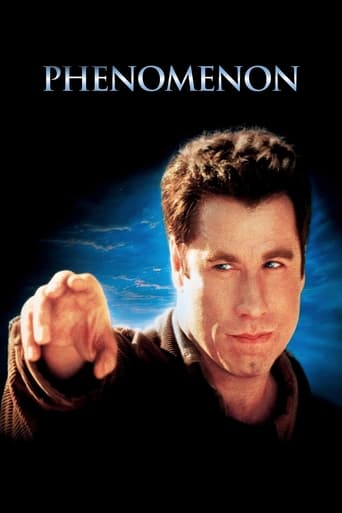
Reviews
Absolutely the worst movie.
This film is so real. It treats its characters with so much care and sensitivity.
Let me be very fair here, this is not the best movie in my opinion. But, this movie is fun, it has purpose and is very enjoyable to watch.
It is a whirlwind of delight --- attractive actors, stunning couture, spectacular sets and outrageous parties.
I expected this movie to be different than it was, but I'm glad my expectations were challenged. Admittedly, this documentary does not conform to traditional documentary conventions where everything is explained in clear, linear, fashion, but the beauty of its failure to do so has the perhaps intended effect of causing the viewer to pay closer attention, think more, and draw her/his own conclusions. The film provides a window into the centuries-old Tibetan medical system, independent from but enhanced by Buddhism, which is markedly different in method, material, and philosophy from traditional Western medicine. While alternative medicine in the U.S. tends to import healing traditions from numerous cultures around the world, I can honestly say I encountered something new in this film that adds to my existing, fairly broad knowledge of alternative healing. While the Tibetan system bears resemblance to Chinese medicine (which is better known in the West) via its reliance on a meridian system and herbal remedies, there are subtle and noteworthy differences. Any serious student or practitioner of alternative medicine or healing should see this film. Even if it is not "perfect," it is valuable, and can sustain multiple viewings.
I quite enjoyed this film. I have a somewhat minimal knowledge of Tibetan medicine but I am involved in other techniques and theories of healing. when I came across this film in my local independent video shop I was intrigued even by the cover art and description. Upon viewing this documentary I continued to fall more deeply in love with it. I enjoyed how the filmmaker highlighted some of the extreme conditions that Tibetan medicine is able to treat successfully. I thought it well done to show the range of human conditions and pathologies that Tibetan medicine approaches, like emotional and stress induced illnesses. Everything that Tibetan medicine attempts to treat or cure is recommended with such a nature that it appears incredibly encouraging to the healing of the human spirit, the healing of the body, as well as an easier adjustment to exist within the human condition. yes, and thank you.
I remember being quite gutted on missing this one's limited release in November of last year, so once again, thank God for the Brixton Ritzy's European matinee's unearthing it for the week. The subject of this documentary is the use of as herbal remedies to cure serious illnesses as outlined by a series of ancient Tibetan manuscripts, These techniques are currently being used by Dr Tenzin Choedrak, personal physician to the Dalai Lama, and are beginning to arouse interest in the West, specifically in Austria, Switzerland and Israel. The area itself is a fascinating one, but the leaden approach adopted by this film ignores all documentary conventions, eschews any sort of structure and drowns the viewer in a barrage of information. The film could have done with setting out its agenda from the offset. As it is the initial scenes of Choedrak treating his patients seem both obscure and overlong. Some sort of voice over would have helped here, but instead any explanation is revealed in great torrents during the brief interview interludes with the various practitioners and researchers within the field. Without any sort of hook into the subject, one is left to derive interest from the periphery details captured on film, such as the decor of the Mongolian living room where one of the patients is treated, or the landscapes of Northern India. By the time we are introduced to the fundamentals of photochemistry by an Austrian researcher I was completely lost. Unfortunately this was about halfway through. One wonders how this ever got a theatrical release in the UK. It is the sort of thing which is done so much better by British television documentaries such as Equinox. This sort of 'point and shoot' style does the subject no justice at all.
